Man and a Woman, A (1966)
“It’s crazy to refuse happiness.”
|
Synopsis: |
|
Genres, Themes, Actors, and Directors:
Response to Peary’s Review: He adds that while “Trintignant is a decent actor and Aimee gives a fine, natural performance”: … “the empty script allows them nothing to do, not even the opportunity for the characters to express their feelings” — though “Lelouch tries to express characters’ moods through his dreamy photography and romantic settings.” Peary also asks, “Can anyone explain why Lelouch cuts back and forth between color and black-and-white footage,” given that it “has nothing to do with past and present?” However, this has since been answered by Lelouch himself; as DVD Savant clarifies, “Money was the issue when it came time to choose color or black and white – Lelouch needed the color for commercial export purposes, but saved lots of cash by shooting his interiors in b&w.” I’ll admit to feeling the same way as Peary about this overly slick and shallow audience-pleaser, which is needlessly drawn out through extensive flashbacks, and features far too many shots of characters through rainy windshields. In addition, “the sickeningly sweet saccharine romance score by Frances Lai” — which was “quite popular in 1966” — is guaranteed to become an earbug and never leave your consciousness (that is, if you’ve somehow managed to escape it until now). With that said, it’s all beautifully photographed and sensitively performed by Aimee and Trintignant: … so it’s easy to see how American audiences at the time would fall for it. Notable Performances, Qualities, and Moments: Must See? Links: |
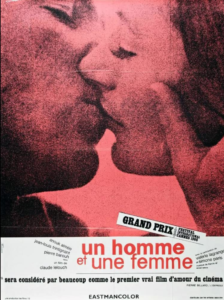
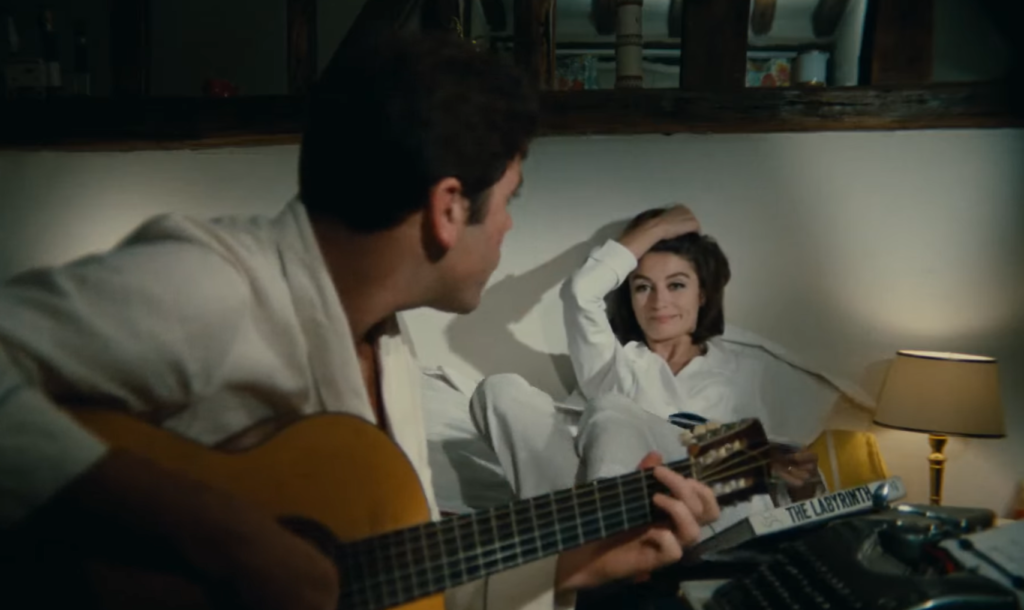
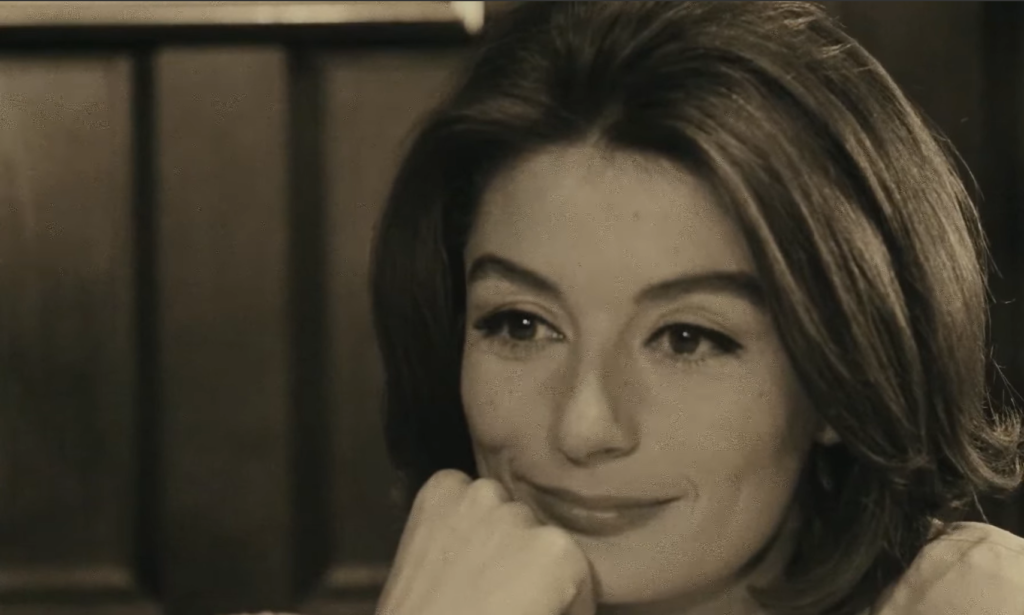
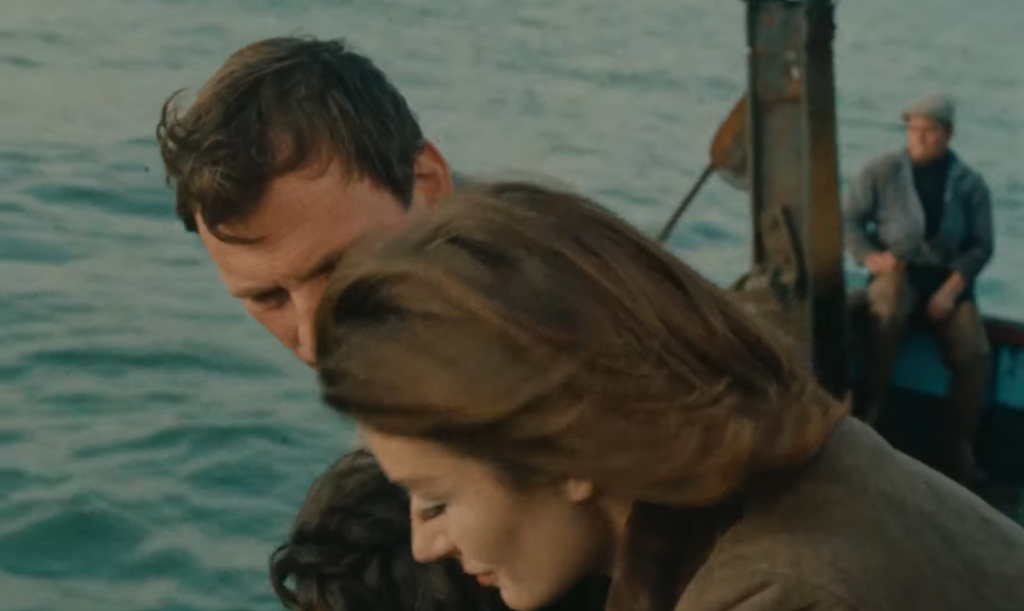
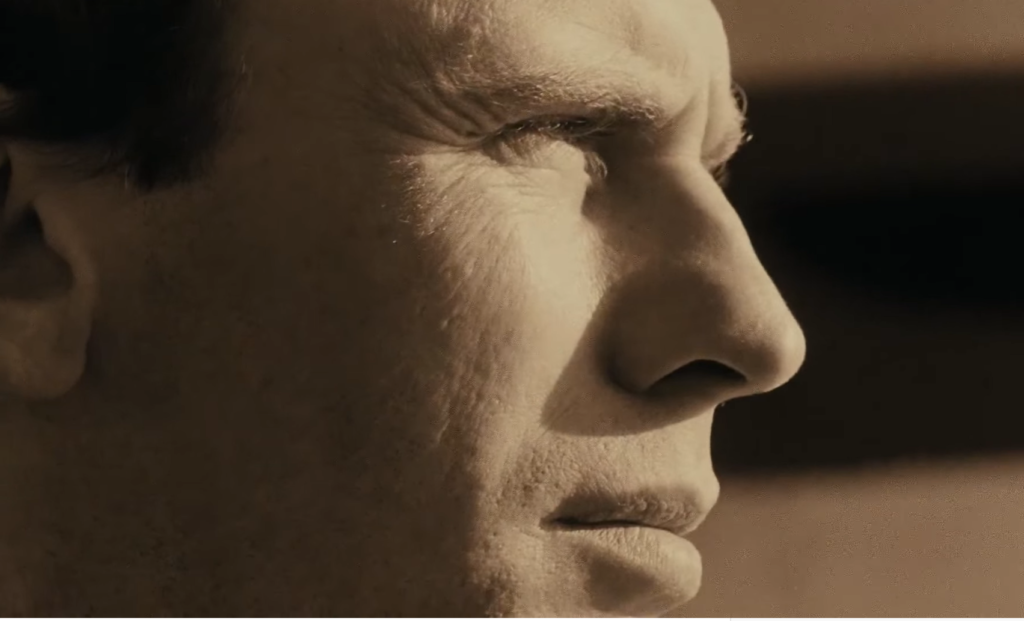
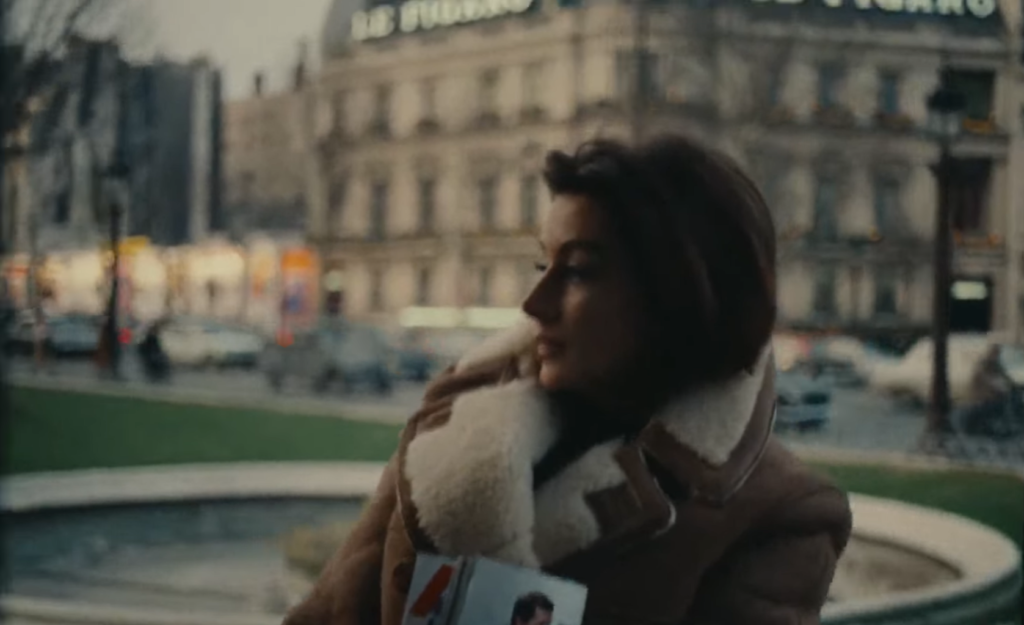
3 thoughts on “Man and a Woman, A (1966)”
First viewing. Not must-see.
’60s Date Bait that was wildly popular. It both is and isn’t surprising that a film as simple in purpose and structure as this one would go on to be something of a sensation. But winning multiple awards is less-than-warranted recognition. Audiences just often like films they don’t have to think about too much and which are mildly diverting.
The earlier part of the film suggests that it will ultimately be of little consequence. In the latter part, there’s a legitimate exploration of ‘love after death’ – a condition under-explored in film. It gives the film an added and unique weight. But it also makes the film’s ending seem implausible in terms of needed time. How do you write a situation like that without verbally addressing it?
I agree that “it’s all beautifully photographed and sensitively performed by Aimée and Trintignant”, who each interact admirably with the children.
Something I didn’t mention in my review is that it’s kept unclear for quite a while – purposely so, to draw out the suspense and the screenplay – what each person’s marital history is. Are they really widow(er)s – and if so, how did their spouses die? (Neither story is all that convincing, by the way – at least not as presented, particularly Trintignant’s, which we don’t learn about until an hour in.) Then we do eventually get into the interesting issue, as you note, about “love after death” – which once again brings up questions of, “Wait – was she lying? Is she insane?” etc. But, no. It’s all realistic, though not (as you say) within the timeframe presented here.
As you say, some of what is in the film is unclear but we can draw our own conclusions. When we meet the two of them – they are essentially both single. And they both seem to act like they’re single. Either one of them bringing up the subject of dead partners would not only be a downer but a little too personal (right away) for strangers. As well, when you’re attracted to someone, you probably want to present yourself as ‘a clean slate’ and available.
I didn’t have a problem finding either one of them convincing – and I never thought she was insane or had any serious issues. But… although the extent of her feeling towards her husband seemed basically clear, the extent of *his* feeling for his wife seemed muddled (and that relationship certainly didn’t get much coverage). I recall thinking that the wife taking her own life seemed an extreme *and* it also seemed to suggest that *she* may have been unbalanced (which would have been interesting to at least explore… though there did seem to be an attempt on the director’s part to keep the film from being too heavy).